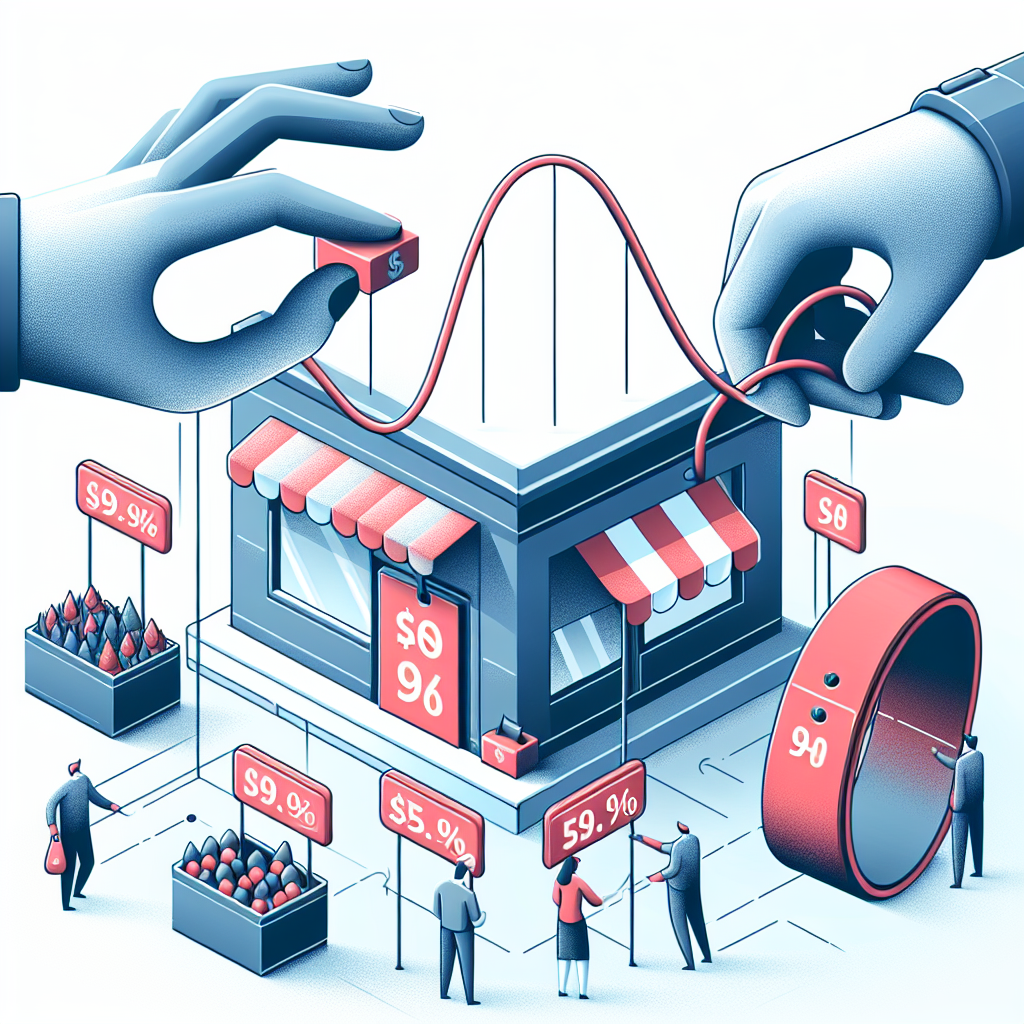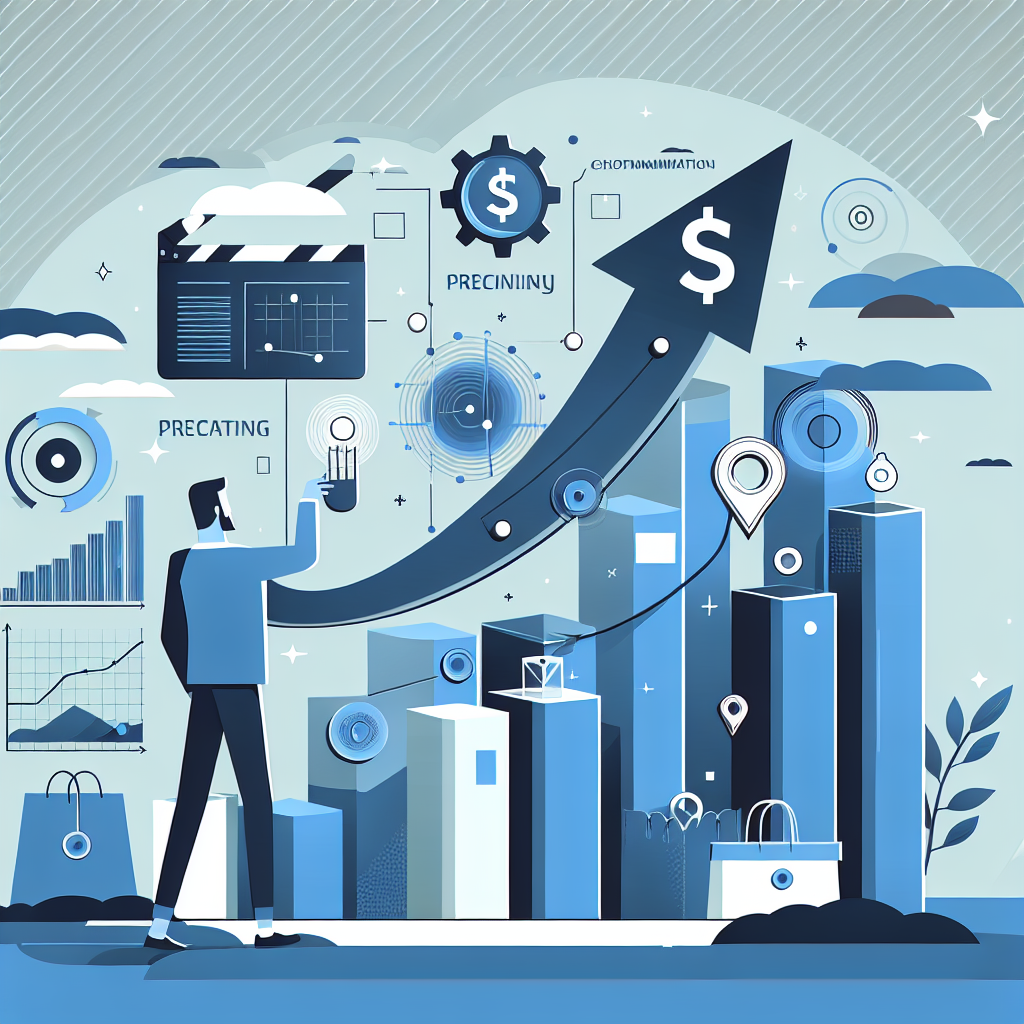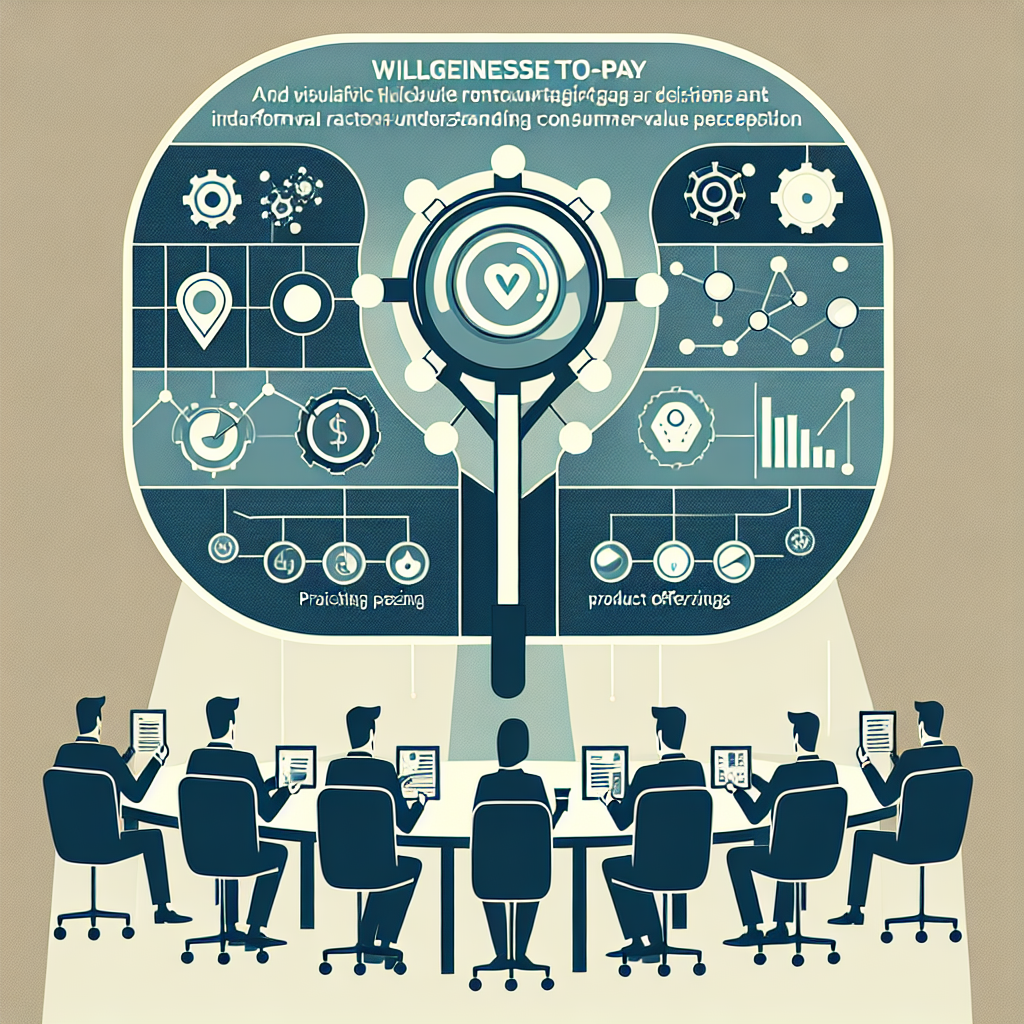Personalization Strategies in Modern Marketing: Navigating the New Frontier of Customer Engagement
1. Introduction: The Personalization Imperative
In the digital age, personalization has transcended from a marketing novelty to a fundamental customer expectation. The one-size-fits-all approach has been decisively replaced by hyper-targeted, individually tailored marketing experiences that speak directly to each customer's unique preferences, behaviors, and aspirations.
Marketing thought leader Seth Godin's insight that "marketing is no longer about the stuff you make, but about the stories you tell" has never been more pertinent. Today's consumers demand more than products—they seek personalized narratives, experiences, and solutions that resonate with their individual identities and needs.
2. The Technological Foundations of Personalization
Enabling Technologies
Critical technological drivers:
- Artificial Intelligence (AI) Explanation: Advanced machine learning algorithms that can analyze vast datasets to generate nuanced, individual-level insights.
- Big Data Analytics Explanation: Sophisticated data processing capabilities that transform raw customer information into actionable, personalized marketing intelligence.
- Real-time Processing Technologies Explanation: Systems that can instantaneously analyze and respond to customer interactions across multiple touchpoints.
Data Collection and Integration
Comprehensive approach to customer understanding:
- Omnichannel Data Aggregation Explanation: Seamlessly collecting and synthesizing customer data from multiple sources, including digital platforms, physical interactions, and third-party sources.
- Predictive Behavior Modeling Explanation: Developing sophisticated algorithms that can anticipate customer needs and preferences before they become explicitly stated.
3. Strategic Personalization Frameworks
Segmentation Evolution
Advanced customer categorization approaches:
- Dynamic Micro-Segmentation Explanation: Moving beyond traditional demographic segmentation to create highly granular, behavior-driven customer groups.
- Contextual Personalization Explanation: Tailoring marketing experiences based on real-time context, including location, time, device, and immediate customer behavior.
Case Study: Netflix's Personalization Ecosystem Strategic implementation highlights:
- Recommendation Algorithm Explanation: Developing a sophisticated AI-driven system that provides highly personalized content suggestions.
- Individualized User Interfaces Explanation: Dynamically adjusting platform experience based on individual viewing habits and preferences.
- Predictive Content Creation Explanation: Using customer data to inform original content development strategies.
4. Advanced Personalization Techniques
Contextual and Predictive Approaches
Innovative personalization strategies:
- Emotional Intelligence Integration Explanation: Incorporating sentiment analysis and emotional context into marketing personalization.
- Predictive Customer Journey Mapping Explanation: Anticipating and proactively addressing customer needs throughout their entire interaction lifecycle.
- Hyper-Personalized Content Delivery Explanation: Generating unique, individually tailored marketing content in real-time.
Research Insights Key personalization impact findings:
- 91% of consumers more likely to shop with brands offering relevant recommendations
- 80% of companies report increased sales through personalization
- 72% of customers only engage with personalized messaging
5. Ethical Considerations and Challenges
Privacy and Consent Frameworks
Critical implementation considerations:
- Data Transparency Explanation: Developing clear, comprehensible approaches to customer data collection and utilization.
- Consent-Driven Personalization Explanation: Creating personalization strategies that prioritize customer control and explicit consent.
- Algorithmic Bias Mitigation Explanation: Implementing rigorous processes to ensure fair and unbiased personalization approaches.
6. Emerging Personalization Technologies
Future-Forward Approaches
Innovative development directions:
- Augmented Reality (AR) Personalization Explanation: Creating immersive, individually tailored experiences that blend digital and physical interactions.
- Voice-Enabled Personalization Explanation: Developing intelligent voice interfaces that provide highly individualized interactions.
- Predictive Ecosystem Integration Explanation: Expanding personalization across interconnected digital and physical platforms.
7. Conclusion: The Personalization Imperative
The evolution of personalization represents a fundamental transformation in marketing strategy:
- Customer-Centric Value Creation Explanation: Shifting from product-focused to individual-focused marketing approaches.
- Continuous Learning and Adaptation Explanation: Developing marketing systems that dynamically evolve with customer preferences.
- Holistic Customer Understanding Explanation: Moving beyond transactional data to comprehensive customer insights.
Personalization is no longer a competitive advantage—it is a fundamental requirement for meaningful customer engagement.
Call to Action
For leaders driving personalization strategies:
- Invest in Advanced Analytics Capabilities Explanation: Develop sophisticated data processing and machine learning infrastructure.
- Prioritize Ethical Data Utilization Explanation: Create transparent, consent-driven approaches to customer data management.
- Foster Cross-Functional Collaboration Explanation: Align technology, marketing, and customer experience teams around personalization objectives.
- Embrace Continuous Innovation Explanation: Develop adaptive systems that can rapidly evolve with changing customer expectations.
- Cultivate a Customer-Centric Organizational Culture Explanation: Shift from product-focused to customer-focused strategic thinking.
The future of marketing lies in our ability to transform data into meaningful, individualized human experiences.
Featured Blogs
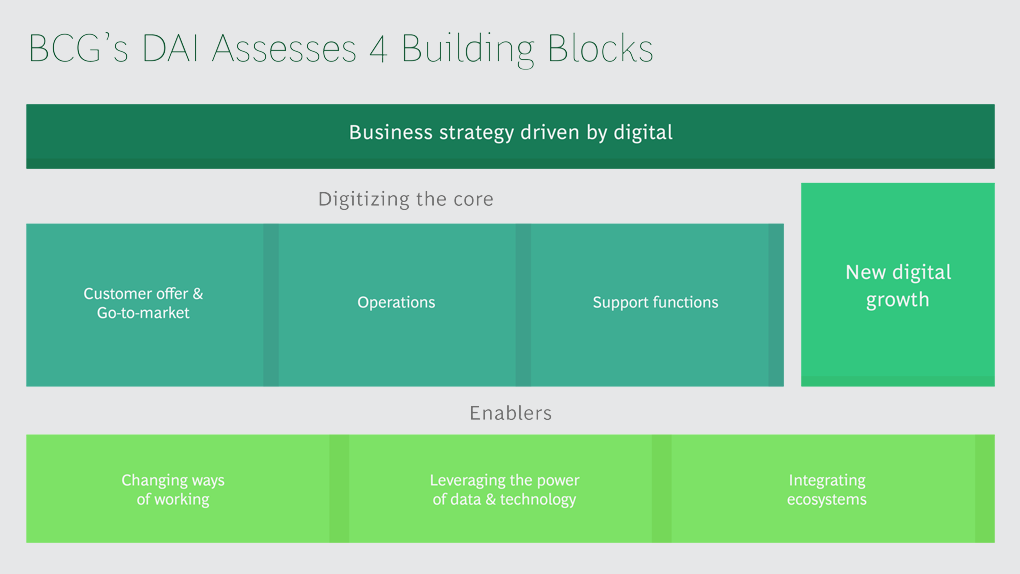
BCG Digital Acceleration Index
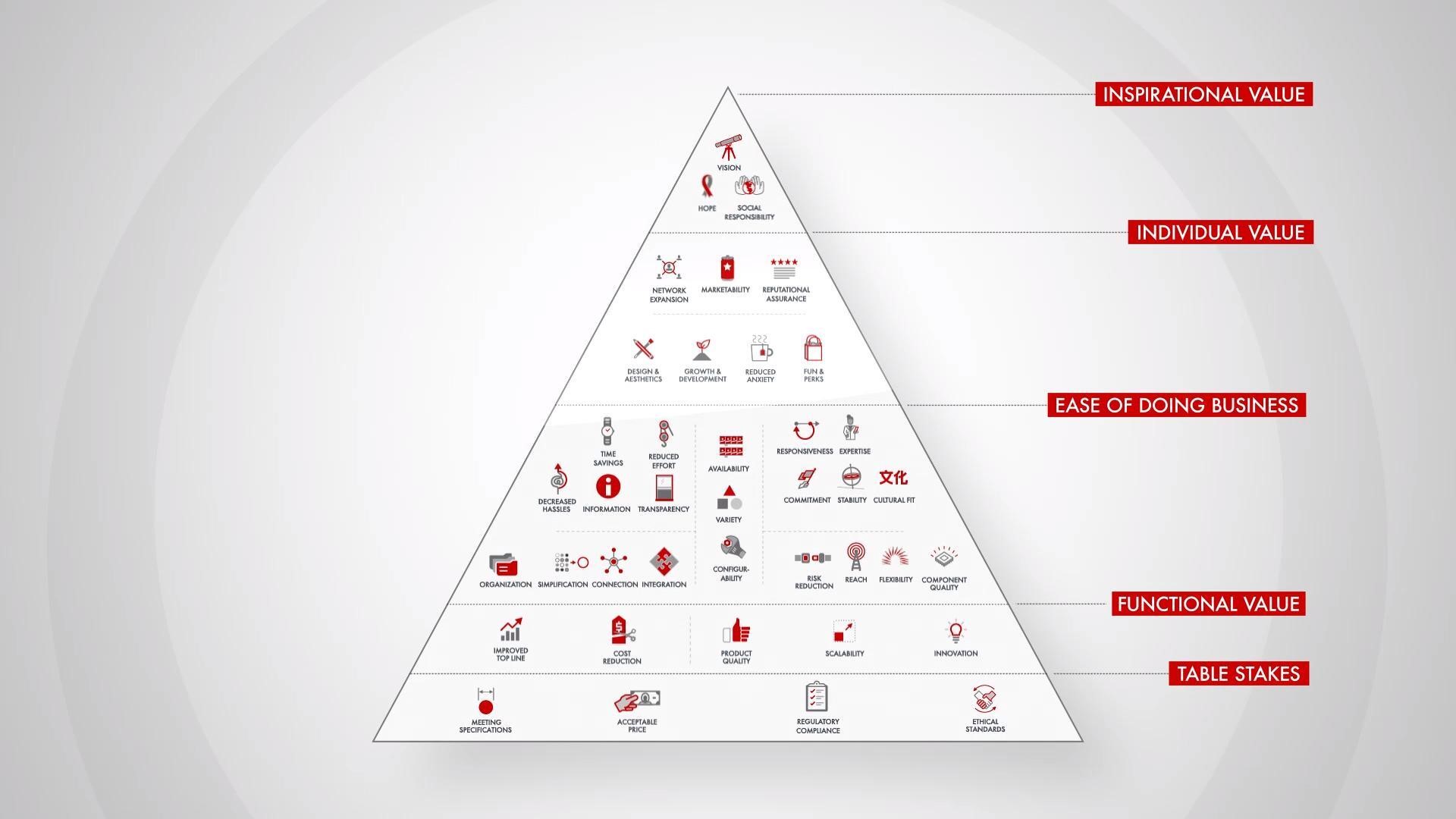
Bain’s Elements of Value Framework
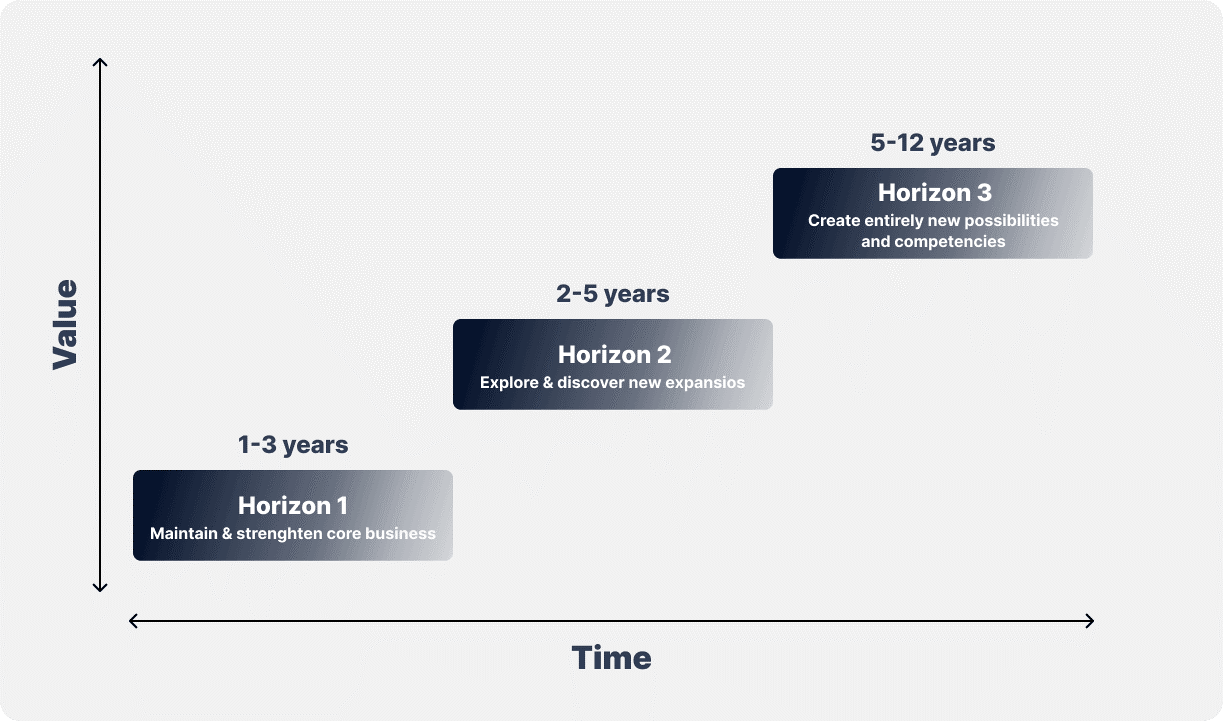
McKinsey Growth Pyramid
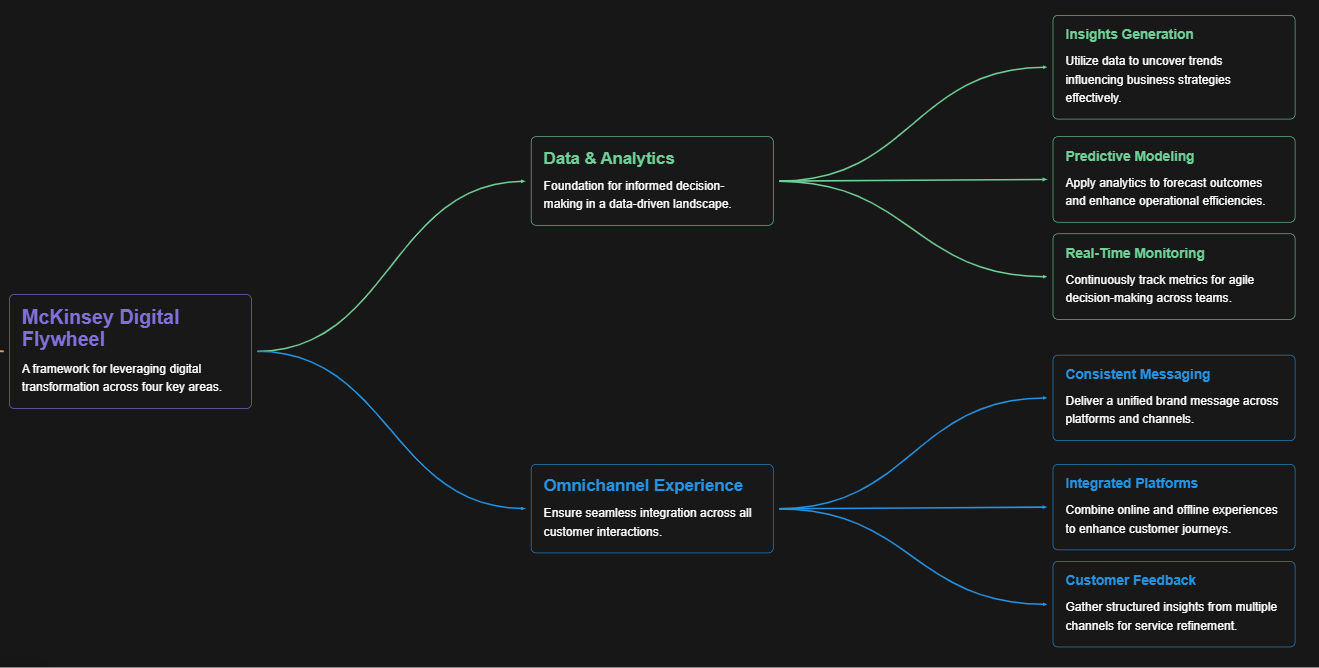
McKinsey Digital Flywheel
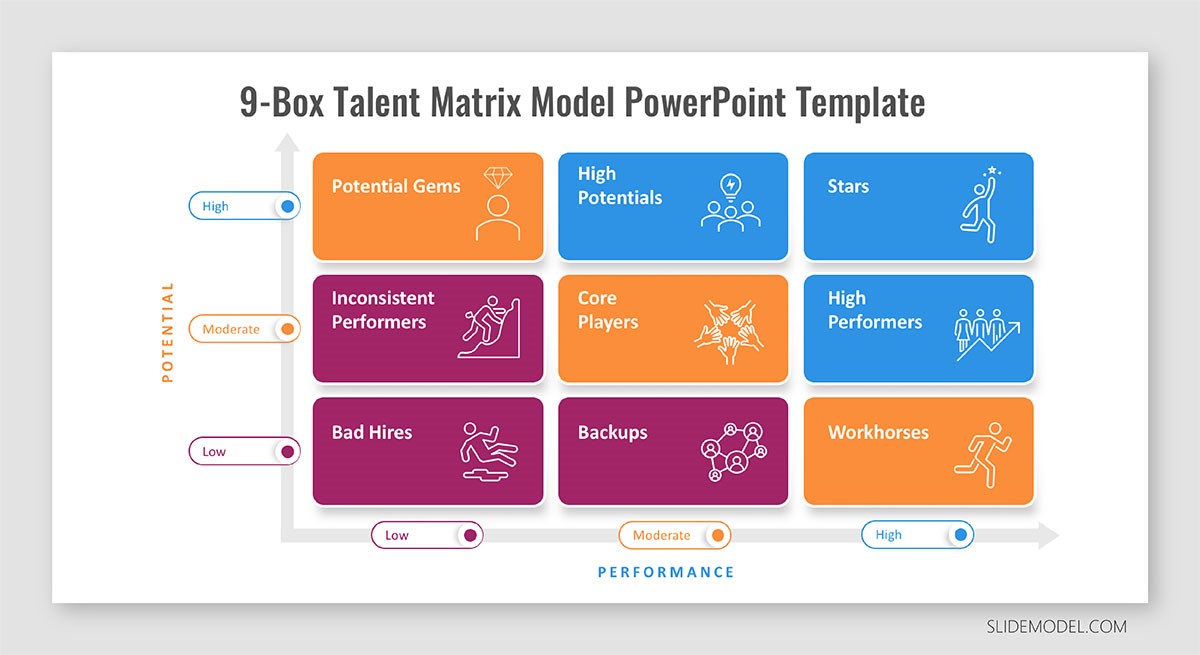
McKinsey 9-Box Talent Matrix
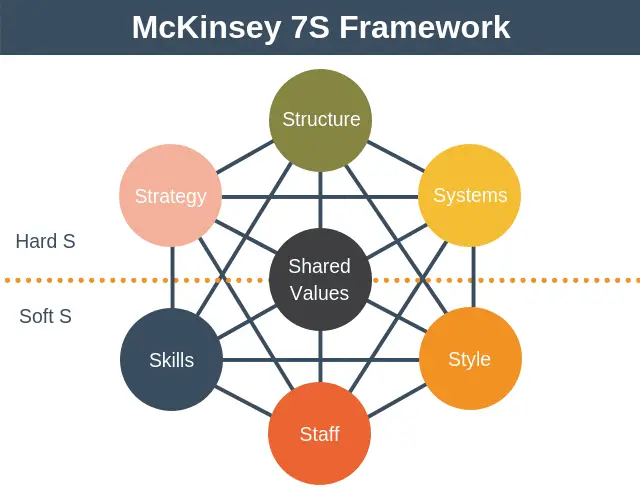
McKinsey 7S Framework
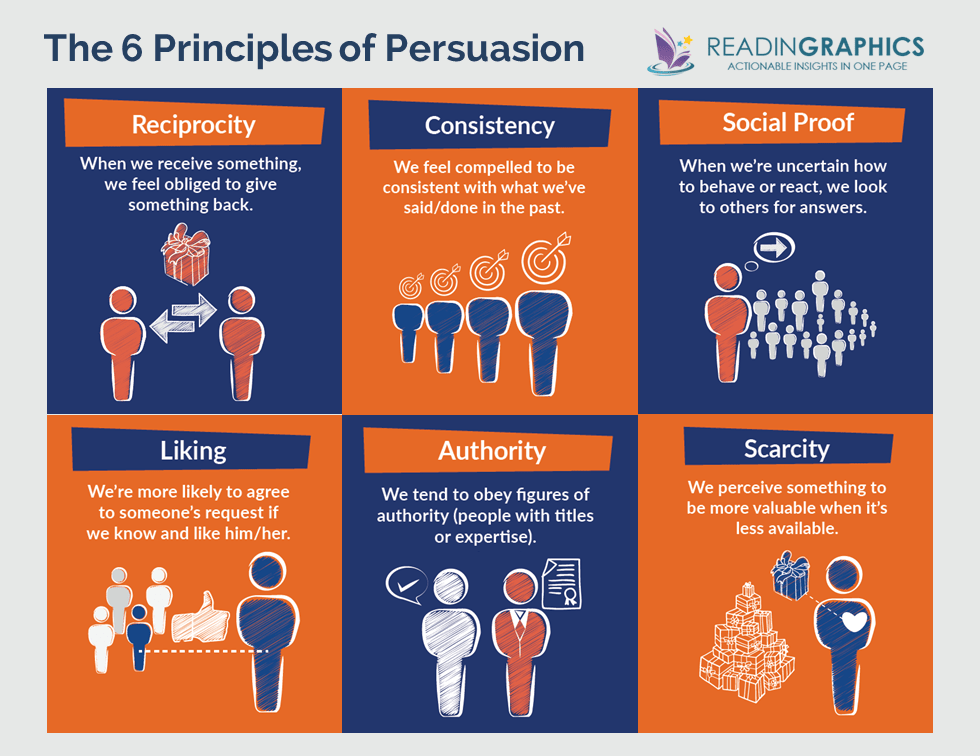
The Psychology of Persuasion in Marketing
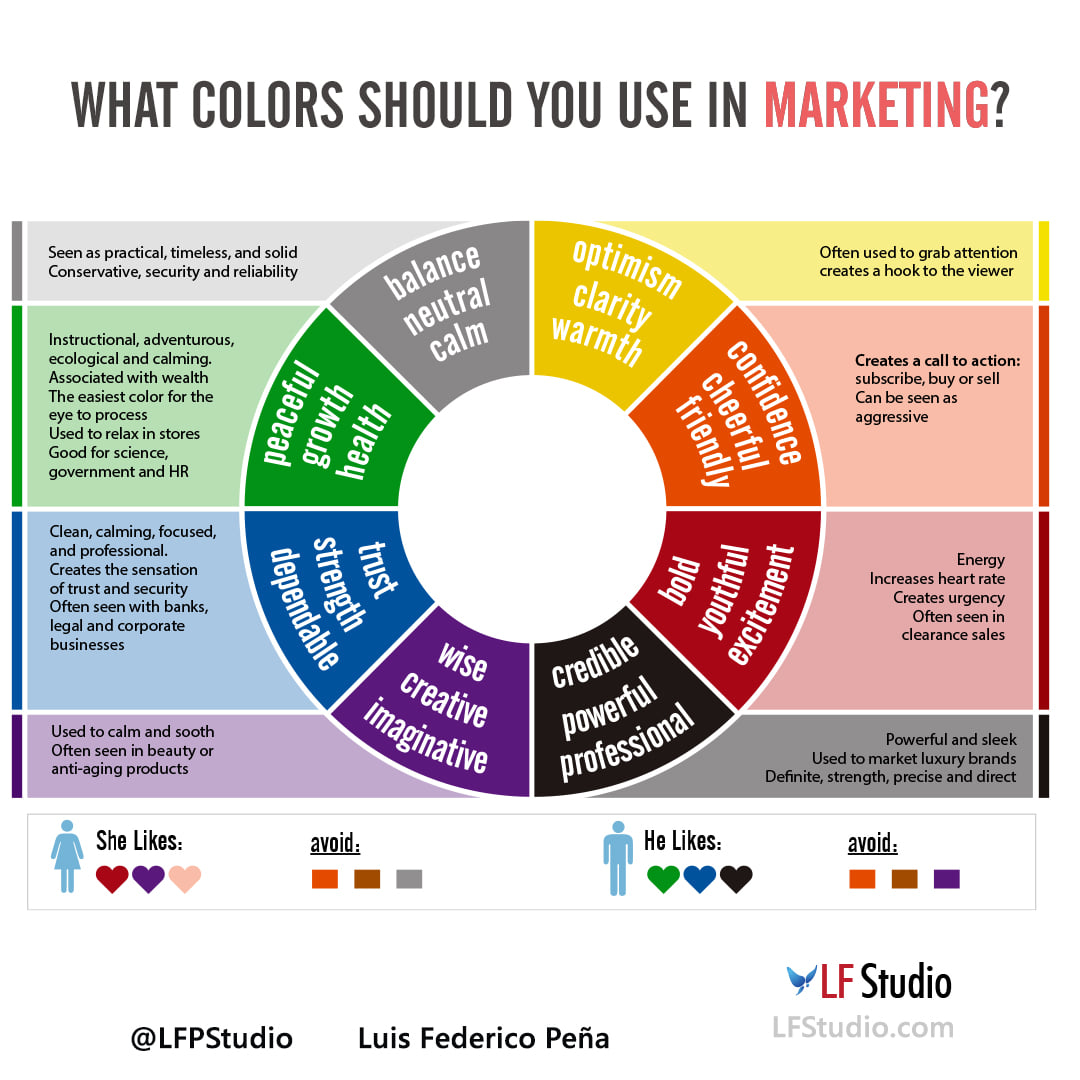
The Influence of Colors on Branding and Marketing Psychology



